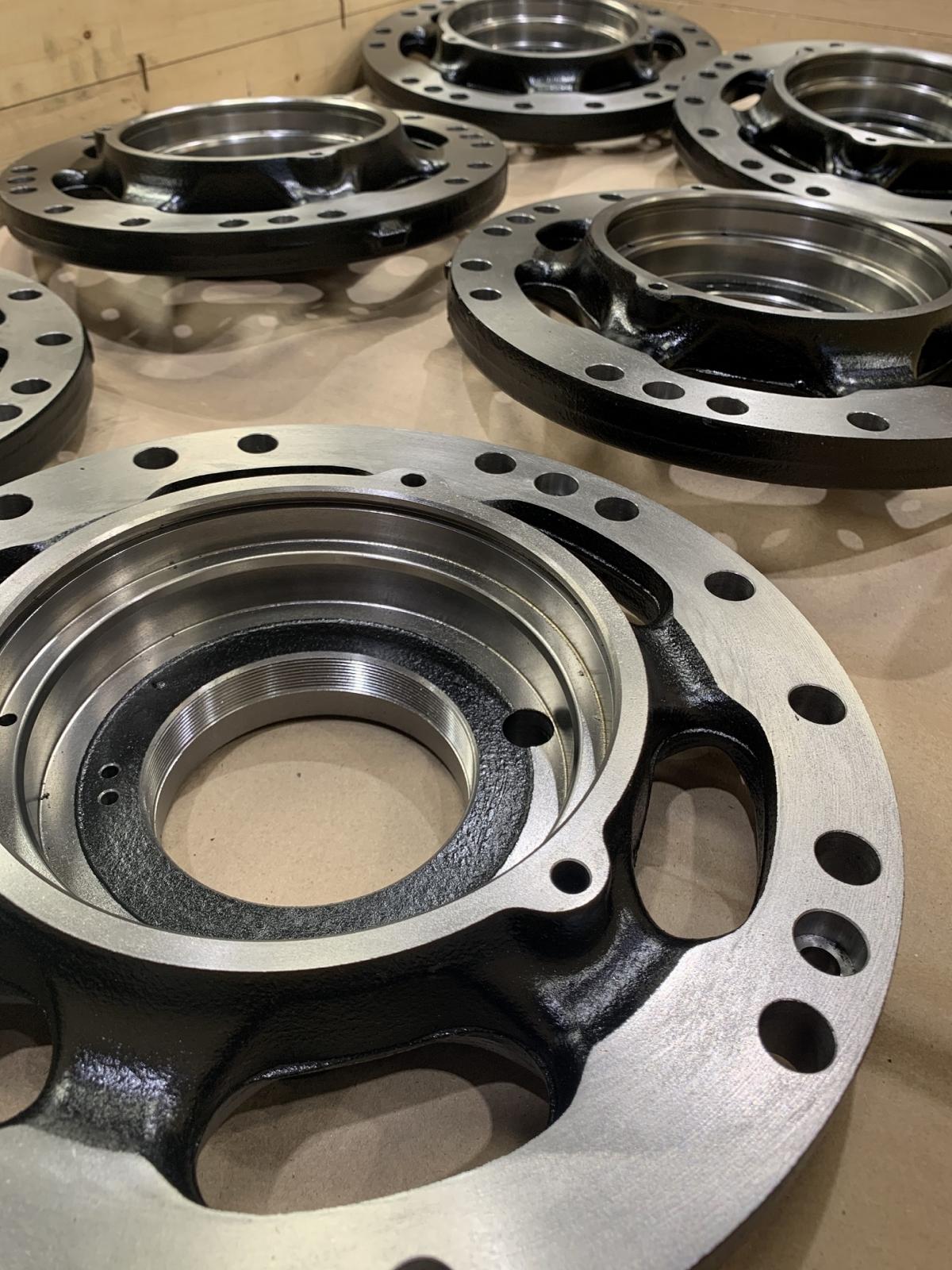
Tier 1 subcontractor Unilathe has invested in a new Kitamura HX500iG twin-pallet horizontal machining centre. It joins three existing Kitamura machines at the Stoke-on-Trent company.
Founded in 1977, the company specialises in the oil and gas, rail, construction equipment, IGT and aerospace industries.
Unilathe’s, Andrew Sims says: “We are Tier 1 supplier to major OEMs throughout the UK, Europe and worldwide. So, generally speaking, we machine a lot of gearbox components and other parts from cast iron, cast steel and other materials where rigidity and performance, coupled with high-speed and advanced technology is really crucial.When we are looking at new machines, the main consideration for us is reliability, speed, performance and accuracy - as we have to machine these components in the most competitive nature possible whilst maintaining very high quality. At the moment, we are currently running 100 hours a week with a day and afternoon shift with weekend work – but if we need to get up to 24/7, the Kitamura’s will certainly do it,” says Mr Sims.
The latest Kitamura to land at Unilathe, the BT50 spindle taper Mycenter HX500iG has a 500 by 500mm table and axis travel of 870 by 930 by 500mm in the X, Y and Z axes.
It has 60m/min rapids and cutting feed rate with a B-axis rapid of 43,200 deg/min with an 8.8-second pallet change and 2.1 second tool change time.
The majority of the work on the new Kitamura machines at present is cast iron components for the agricultural industry.
The new Kitamura machine also incorporates probing to ensure consistency. Machine operator Louis Purchase says: “The probing ensures we have complete consistency. With the probing system, we know that the last job in a production run will be the same as the first-off because you are probing your datums on every single job.”
From a productivity standpoint, the twin pallets help the Unilathe minimise.
Louis Purchase says: “The twin pallet allows us to run two different jobs at the same time and this flexibility enables us to double our production output.”